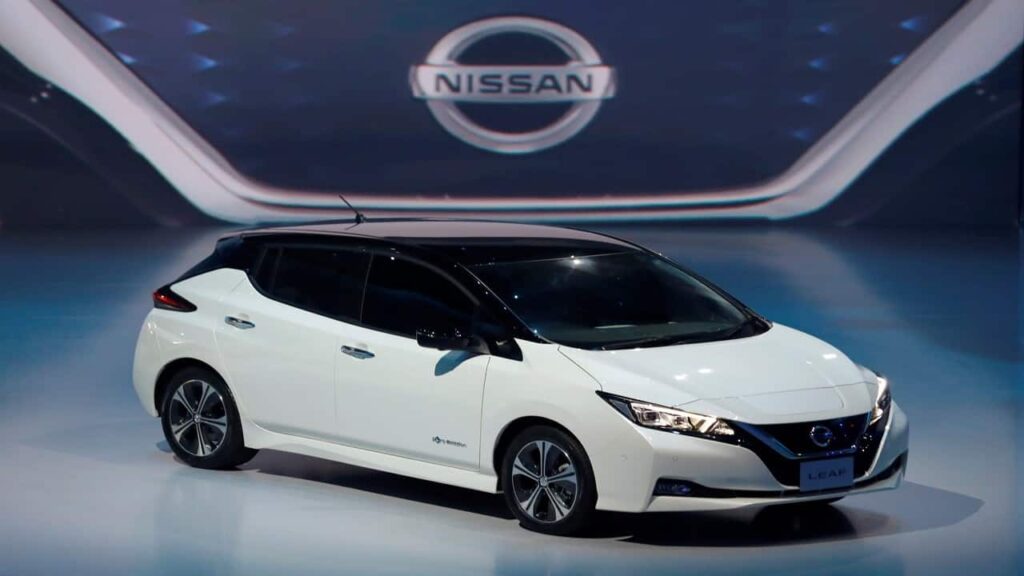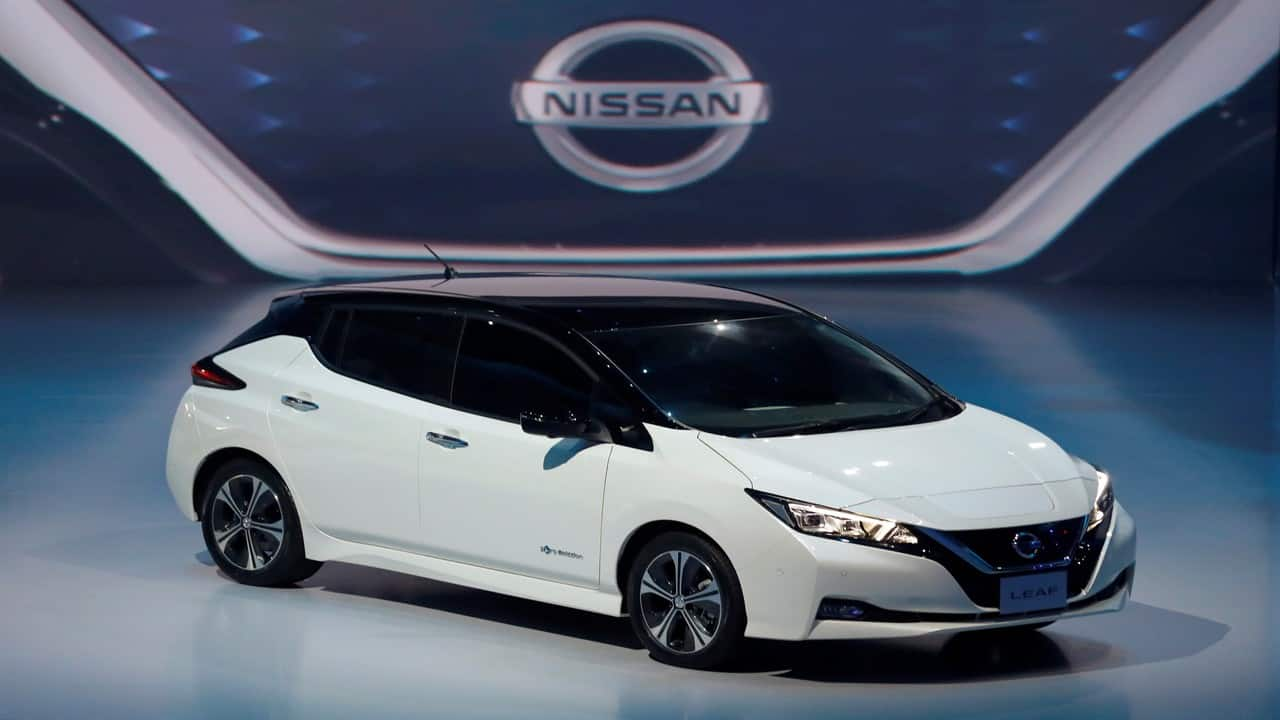Introduction
As the global automotive industry accelerates towards electrification, Nissan is poised to make a significant impact in the Indian market with its upcoming electric vehicles (EVs). Leading this charge are the Nissan Ariya and the Nissan Leaf, two models that encapsulate the brand’s commitment to innovation, performance, and sustainability. This article delves into the features, performance, and suitability of these EVs for both urban and off-road driving in India.
Nissan Ariya: A Fusion of Elegance and Power
Design and Aesthetics
The Nissan Ariya stands out with its sleek, coupe-like silhouette, characterized by a prominent shoulder line that seamlessly connects the front and rear. Depending on the variant, it rides on either 19-inch or 20-inch wheels, enhancing its dynamic stance.

Performance and Range
Built on the CMF-EV platform, the Ariya offers multiple powertrain options:
- 63 kWh Battery (Single Motor, RWD): Delivers 217 hp and 300 N · m torque with a claimed range of 402 km.
- 87 kWh Battery (Single Motor, RWD): Produces 242 hp and 300Nm torque, offering a range of up to 529 km
- 87 kWh Battery (Dual Motor, AWD): Generates 306 hp and 600 N · m torque, with a range of up to 513 km.
These configurations ensure that the Ariya caters to a broad spectrum of driving needs, from daily commutes to long-distance travel.
Interior and Technology
Inside, the Ariya boasts a minimalist design featuring two expansive 12.3-inch screens that serve as the instrument cluster and infotainment system. The dashboard is nearly devoid of physical buttons, relying instead on haptic controls. Higher variants come equipped with a heads-up display and a premium Bose audio system. G
Safety and Driver Assistance
Safety is paramount in the Ariya, which includes Nissan’s advanced ProPilot system—a suite of driver assistance features designed to enhance safety and comfort. The vehicle has also received a five-star crash-test rating from Euro NCAP, underscoring its commitment to occupant protection.
Off-Road Capabilities
The Ariya’s e-4ORCE all-wheel-drive system ensures optimal traction and stability, making it suitable for varied terrains. While primarily designed for urban and highway driving, its AWD capability allows it to handle light off-road conditions, such as gravel paths and uneven rural roads, with confidence.
Nissan Leaf: The Pioneering Electric Hatchback
Design and Dimensions
The third-generation Nissan Leaf transitions from a traditional hatchback to a subcompact crossover style, built on the AmpR Medium platform shared with the Ariya. This evolution enhances its aesthetic appeal and improves aerodynamics and interior space.
Performance and Range
The upcoming Leaf will feature a 62kWh battery, powering a 160kW motor that delivers 340Nm of torque. This setup is anticipated to offer a driving range of approximately 458 km on a full charge. Additionally, the Leaf supports a 100kW quick charging system, facilitating rapid battery replenishment.
Interior and Features
The Leaf’s interior is designed for comfort and practicality, featuring a digital instrument panel and a user-friendly infotainment system. Safety features include brake assist, traction control, hill start assist, and Nissan’s ProPilot semi-autonomous driving technology, which aids in maintaining lane discipline and safe following distances.
Suitability for Indian Roads
With a ground clearance of approximately 205mm, the Leaf is well-suited to handle the diverse road conditions found in India, including speed bumps and potholes. While not designed for off-road adventures, its robust suspension and braking systems ensure a stable and comfortable ride on urban and semi-urban roads.
Market Positioning and Availability
Nissan plans to launch the Ariya in India with an expected price range of ₹35–40 lakhs, positioning it against competitors like the Hyundai Ioniq 5 and Volvo XC40 Recharge. The Leaf is anticipated to enter the Indian market by the end of 2025, with prices starting around ₹30 lakhs, making it a strong contender among affordable electric vehicles


